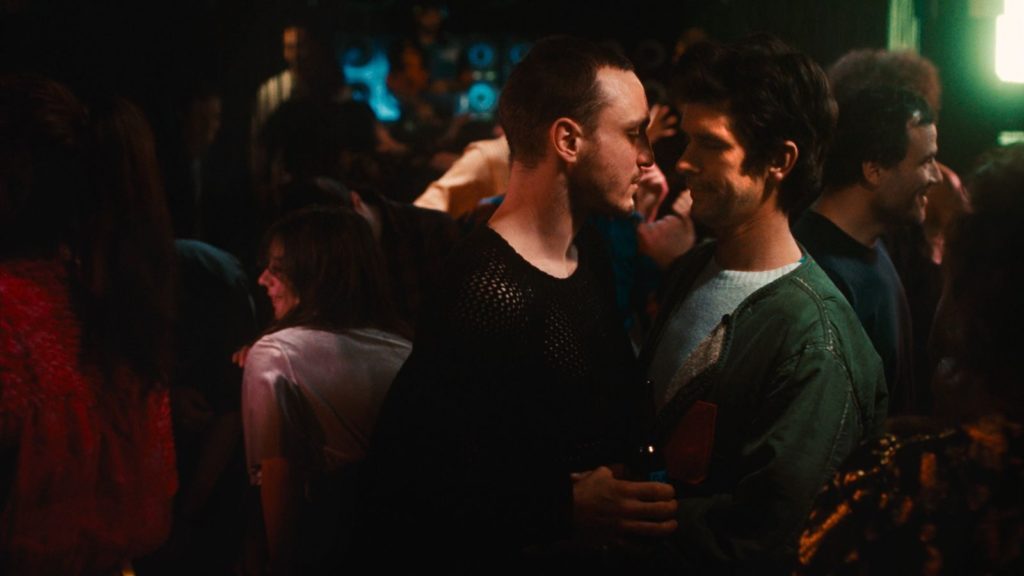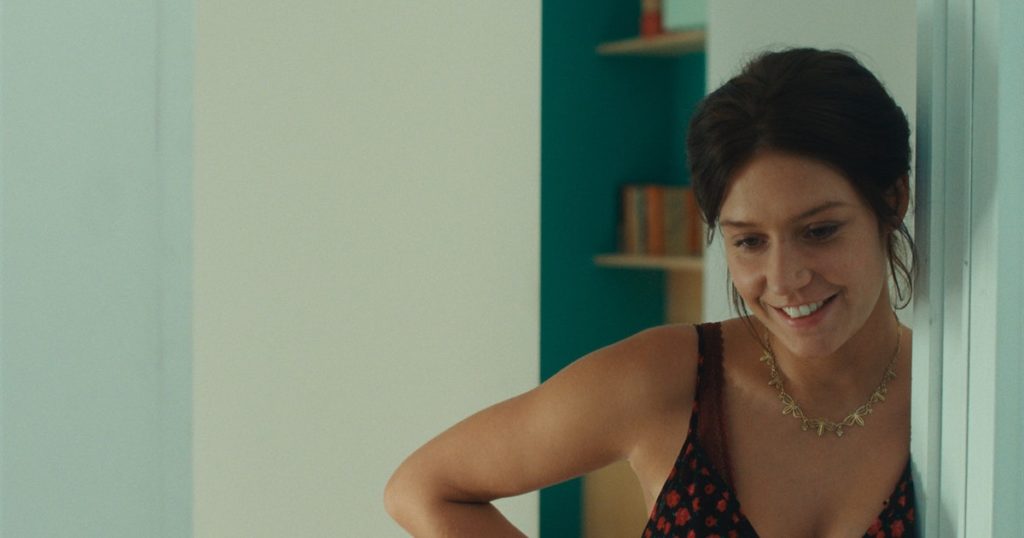Betray me like one of your French girls
Often when I describe a film as “well-directed,” the term is a bit of a misnomer, or at least a generalization. I am not a filmmaker, so I can’t speak to how the process plays out in real life. And my exact notion of “auteur” theory is a bit fluid and unformed, but I know for sure that many of the traits I lump into “direction” are as much the work of the editor and the cinematographer and colorist and the production designer and the sound designer and many others deeper in the list of credits at the end of movies. Perhaps the director is providing guidance as the film’s CEO of sorts for all these roles, but in all major productions released to theaters and major streaming platforms, film is a collaboration above all else.
But there are a few tasks I put squarely in the realm of the director: blocking and camera placement, specifically. (I’m sure someone more educated than me will point out in the comments that even these aspects of filmmaking are wholly collaborative, too.) The point I’m trying to make, though, is that Passages is a remarkably well-directed film in that most precise use of the phrase “well-directed”; more precise than I typically mean.

Ira Sachs, who has been making films since the ‘90s but whose work I’ve never previously seen, does an absolutely terrific job at telling us what we need to know just by the placement of the characters, props, and sets, and the way the camera views them. And he does so without being particularly showy about it: nothing here is novel or gimmicky, just thoughtful about composition. Mainly, this deals with placing its main subject Tomas (Franz Rogowski) at the center of a frame even when the scene isn’t about him to reflect his self-involvement; or else, having Tomas barge in from out of frame, disrupting both the visual balance of the scene and whatever characters’ lives he’s about make messy.
Passages follows Tomas, a film director, as he bounces romantically between Martin (Ben Whishaw) and Agathe (Adele Exarchopoulos), subsequently making all three of their lives worse. He’s a horribly, but not cartoonishly, narcissistic person. He lives on passion and storybook emotion, which tends to last for all of a scene or two before the winds take him somewhere else. “I’m falling in love with you,” he tells Agathe… “I bet you say that a lot,” she replies… “I say it when I mean it,” he counters… “You say it when it works for you,” she ripostes… “I say it when I feel it,” he concludes. Both are being honest and correct and not really contradicting each other, but the exchange highlights how emotionally reckless Tomas is.
The film’s best and most important scene is its opening. It’s one of those great movie scenes that’s simultaneously mundane and tells us everything we need to know about watching this film: We see Tomas directing a scene in his film, giving increasingly intense and personally critical directions to an actor who enters a scene from off-camera. We see at once that Tomas cares not about the cinematic outcome or even the action itself, but the way it makes him feel, even if he ends being casually cruel; and also that characters abruptly entering scenes will be an important motif. Passages ditches the meta-film theme after the opening scene, instead proceeding as a straight-ahead relationship drama for the rest of the duration.

All three of the leads are great, with Exarchopoulos in particular capturing her growing exasperation with great facial expressions and pained line deliveries. Rogowski is memorable in the lead but doesn’t quite give off enough charisma and charm to sell that these two other decent, thoughtful people would fall for him. But his wearisome relentlessness is one of his major traits, and that definitely registers.
Although I quite admired the film and its excellent construction, I also found myself at a bit of an emotional distance: It’s one of those stories where the protagonist is both unpleasant and makes one bad decision after another, which grows frustrating even in the film’s brisk runtime.
And so we have a little gem of a film whose ambitions are to be unlikable. I can’t quite hold it against it that Tomas is such an irredeemable goodwill vampire; nor can I mark it as an absolute must-watch unless you have a strong sense of social schadenfreude.
Is It Good?
Good (5/8)
Dan is the founder and head critic of The Goods. Follow Dan on Letterboxd. Join the Discord for updates and discussion.

